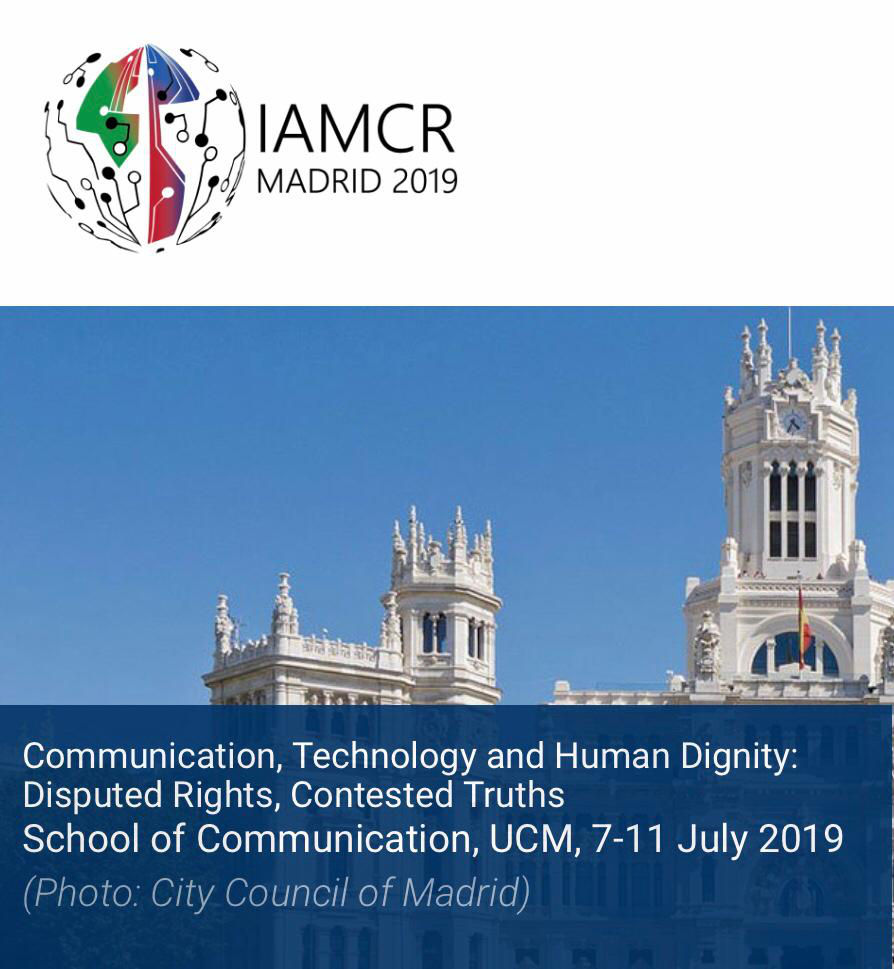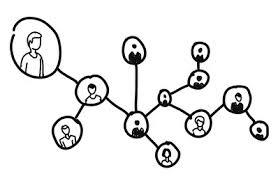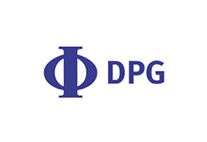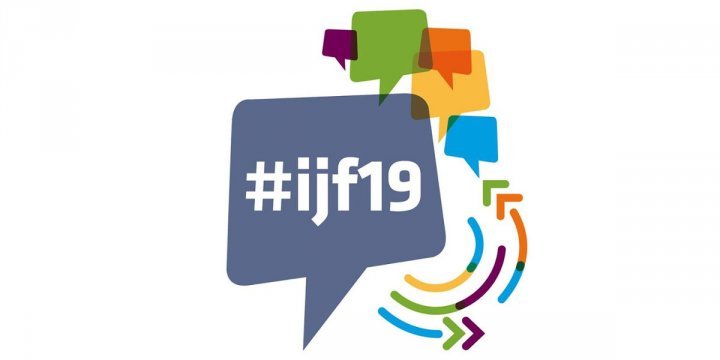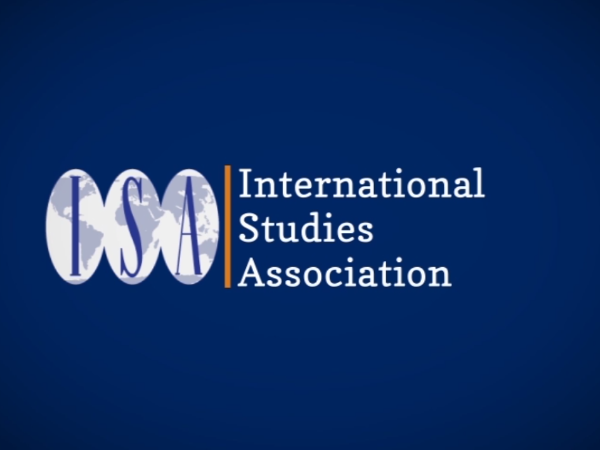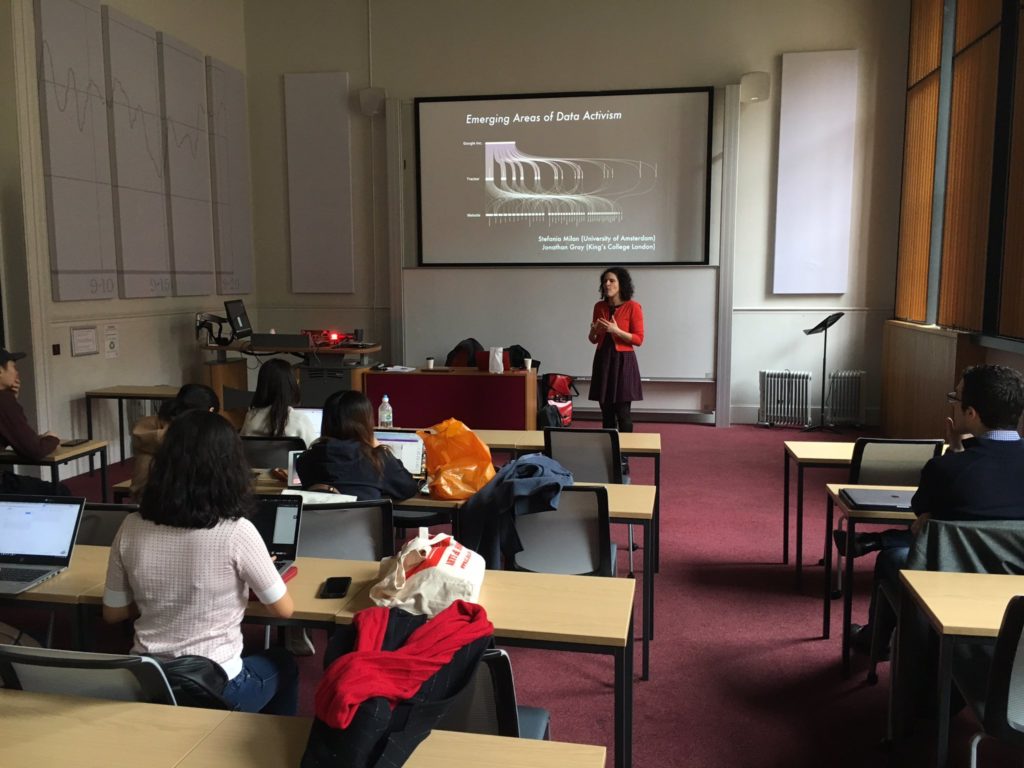We are very proud to announce the publication of the Special Issue “Big Data from the South” in the journal Television & New Media. Edited by DATACTIVE PI Stefania Milan and Emiliano Treré (Data Justice Lab), it features six articles and a commentary:
* Stefania Milan and Emiliano Treré: ‘Big Data from the South(s): Beyond Data Universalism’ (Milan/Treré) (>> open access at https://doi.org/10.1177/1527476419837739)*
* Nick Couldry and Ulises A. Mejias: Data Colonialism: Rethinking Big Data’s Relation to the Contemporary Subject
* Paola Ricaurte: Data Epistemologies, The Coloniality of Power, and Resistance
* Payal Arora: Decolonizing Privacy Studies
* Monique Mann and Angela Daly: (Big) Data and the North-in-South: Australia’s Informational Imperialism and Digital Colonialism
* Jean-Marie Chenou and Carolina Cepeda-Másmela: #NiUnaMenos: Data Activism From the Global South
* María Soledad Segura and Silvio Waisbord: Between Data Capitalism and Data Citizenship (commentary)
You can explore the Special Issue at https://journals.sagepub.com/toc/tvna/current
The leading article, entitled “Big Data from the South: Beyond Data Universalism”, is open access at this page.
Abstract. This article introduces the tenets of a theory of datafication of and in the Souths. It calls for a de-Westernization of critical data studies, in view of promoting a reparation to the cognitive injustice that fails to recognize non-mainstream ways of knowing the world through data. It situates the “Big Data from the South” research agenda as an epistemological, ontological, and ethical program and outlines five conceptual operations to shape this agenda. First, it suggests moving past the “universalism” associated with our interpretations of datafication. Second, it advocates understanding the South as a composite and plural entity, beyond the geographical connotation (i.e., “global South”). Third, it postulates a critical engagement with the decolonial approach. Fourth, it argues for the need to bring agency to the core of our analyses. Finally, it suggests embracing the imaginaries of datafication emerging from the Souths, foregrounding empowering ways of thinking data from the margins.
To continue the conversation about Southern and resistant epistemologies of datafication (well beyond the ‘Global South’!), visit the webpage of the Big Data from the South Initiative [1], check out the multilingual blog (and consider to contribute to it!), and join the dedicated mailing-list.
If you have access problems, get in touch with us.
Cite as Milan, S., & Treré, E. (2019). Big Data from the South(s): Beyond Data Universalism. Television & New Media, 20(4), 319–335. https://doi.org/10.1177/1527476419837739

